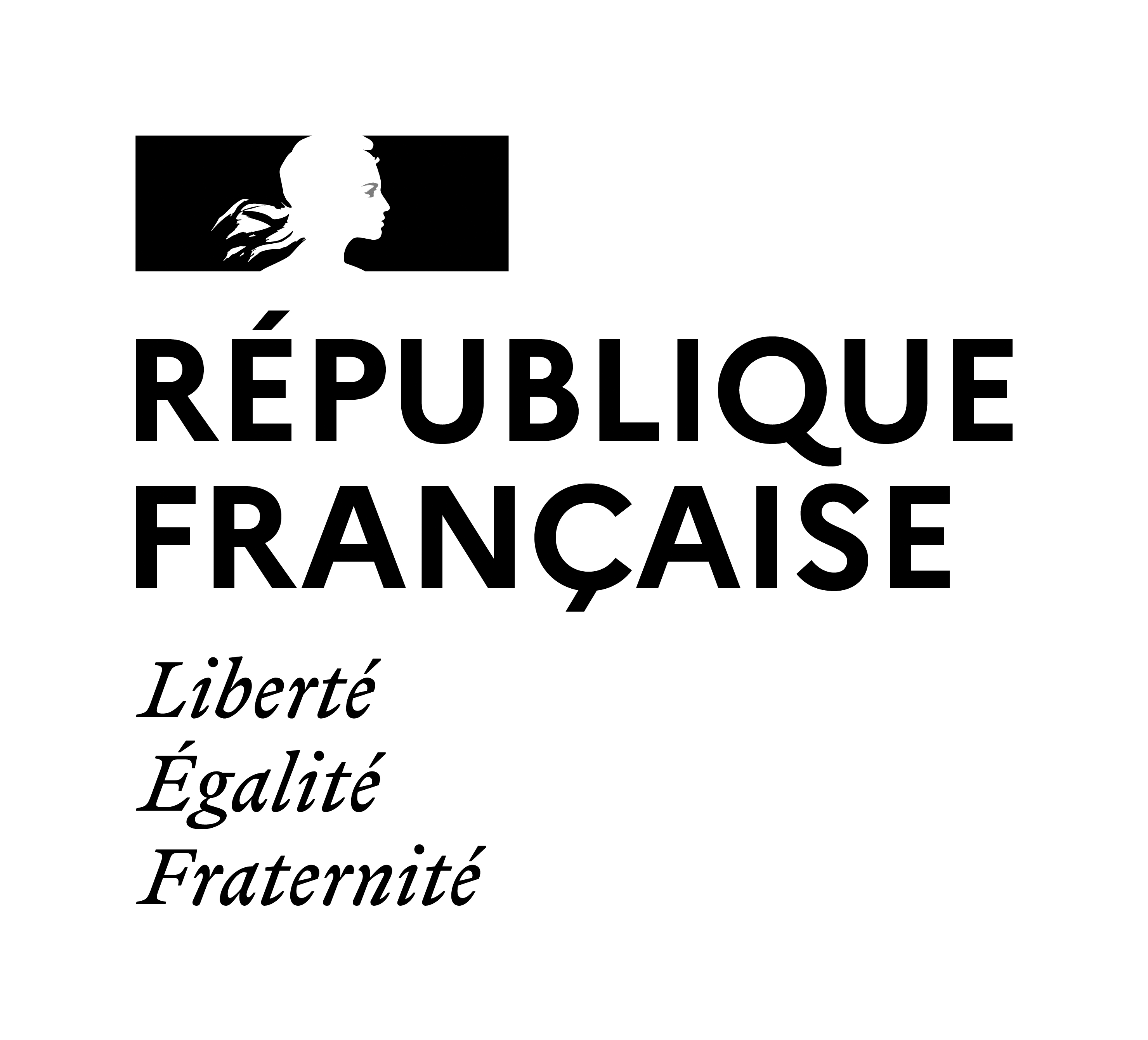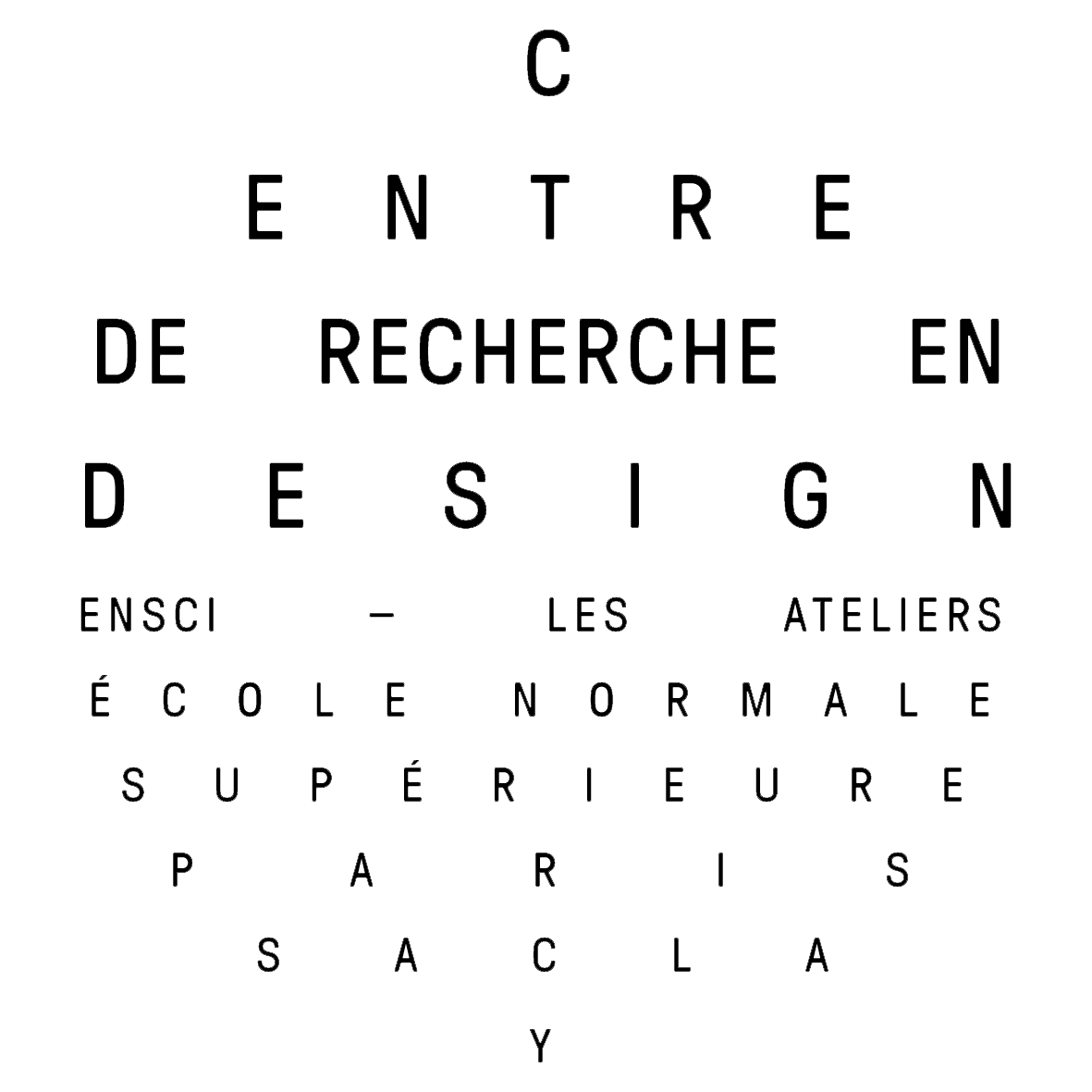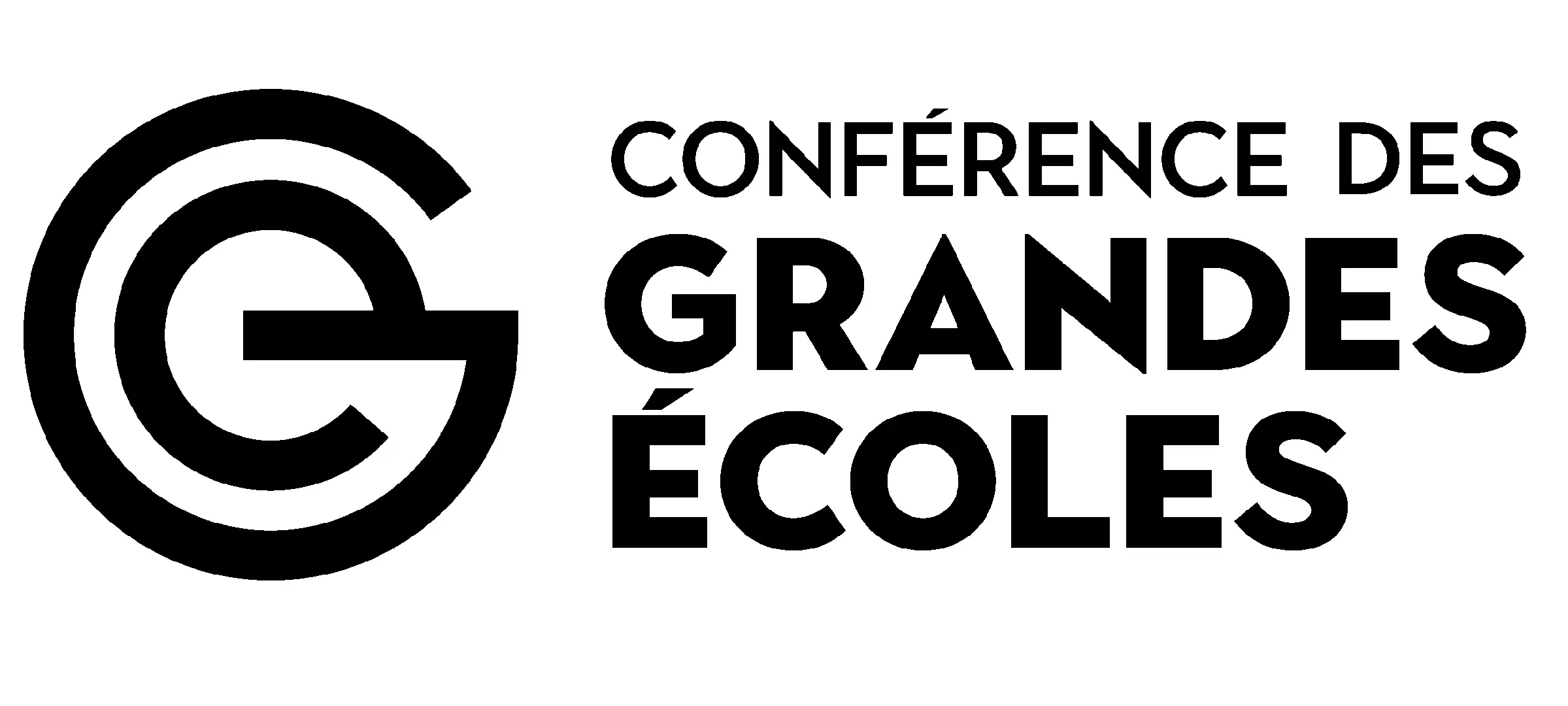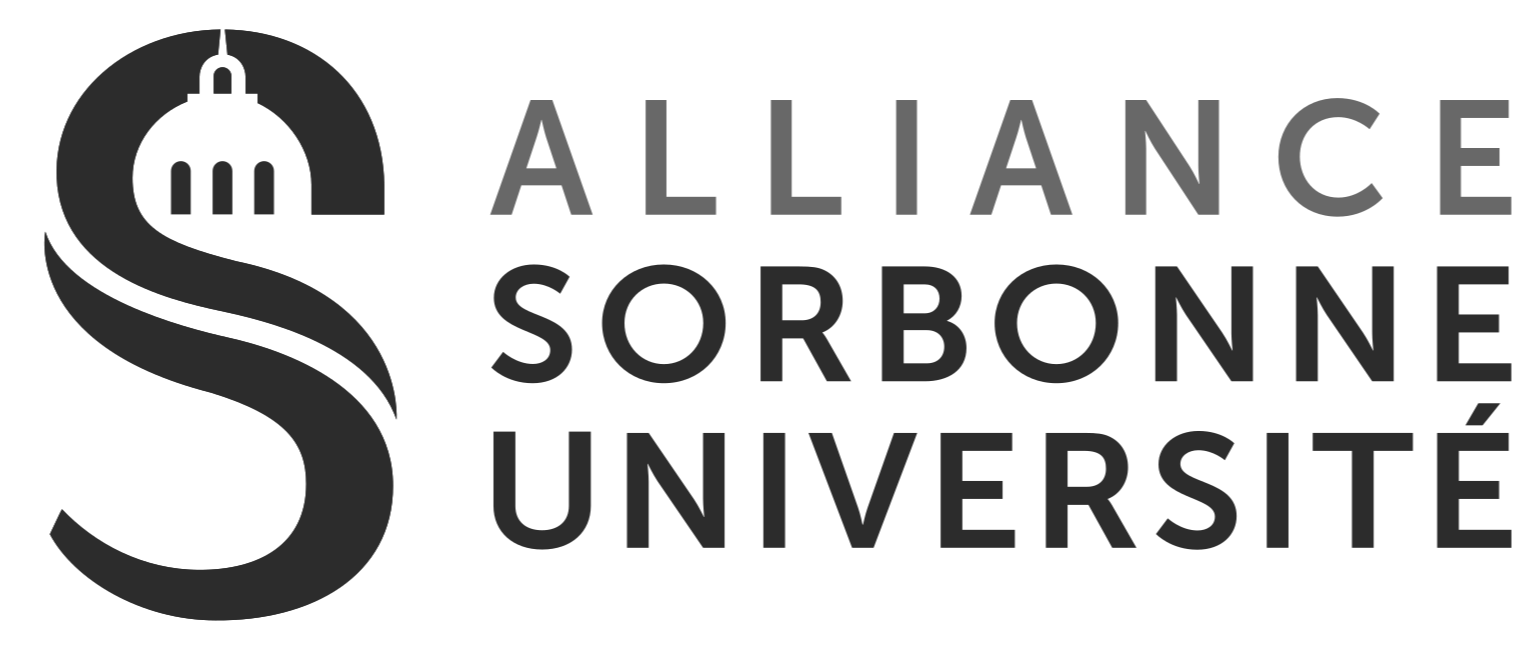Industrial designer
WHAT IS AN INDUSTRIAL DESIGNER?
A PROFESSIONAL
Industrial designers follow a long and diverse programme of learning. Although their working method makes it possible to broaden the scope of initial assumptions, it always results in a practical solution. Their professional practice is often similar to consultancy. But in reality, their contribution goes further than that, because they give tangible expression to ideas.
A CREATIVE
Industrial designers have particular personal qualities, including an enquiring mind, intuition, imagination, good listening skills, sensitivity, the ability to question themselves, a talent for analysis and the ability to form an overview. By their nature and skills, they always strive to review and reconsider projects as they develop, and to envision new solutions to deliver higher levels of technical and marketing performance.
A GENERALIST
Industrial designers work in all industries and for every type of company. They therefore acquire a wealth of experience that can then be passed on to clients. Without claiming to compete with specialists in every discipline, they offer a very broad range of skills, including a sound knowledge of production resources and materials, an open-minded approach to the methods used to analyse value and quality procedures, a marketing focus and an artist’s sense of shapes and colours. They must be in tune with current trends and tastes, and keep up to date with developments in their own technical fields.
A PARTNER
Industrial designers support the growth of the company, rather than replacing someone responsible for a specific discipline. They work within the constraints of the company and its market. They must therefore adapt to the specific features of each company and project.
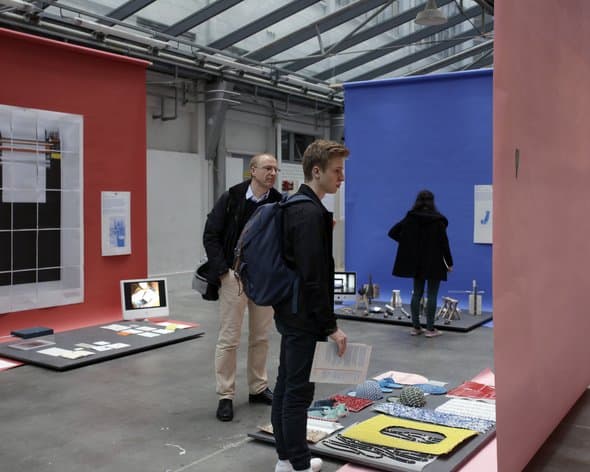
Register for industrial design
In accordance with its commitment to admit a broad diversity of student profiles, ENSCI grants admission to four categories of applicants, based on their previous qualifications and/or professional practice.
A THREE-PHASE CURRICULUM
Learning is divided into 3 phases, rather than years since admission to the design school. Phase 1 is all about discovery, phase 2 explores industrial design in greater depth and encourages greater openness, and the final phase focuses on the degree qualification, which requires students to demonstrate theoretical and practical competency through their theses and projects.
PROFESSIONAL DEVELOPMENT
The ENSCI-Les Ateliers teaching system is accompanied by a design-oriented talent incubator to promote entrepreneurship among its students.
Graduation
Graduating with this degree provides each student with an exceptional achievement and the opportunity to assert their status and identity as industrial designers. On completion of the course, students are therefore able to demonstrate the level of autonomy they have achieved at the point where they are ready to begin their professional careers.


